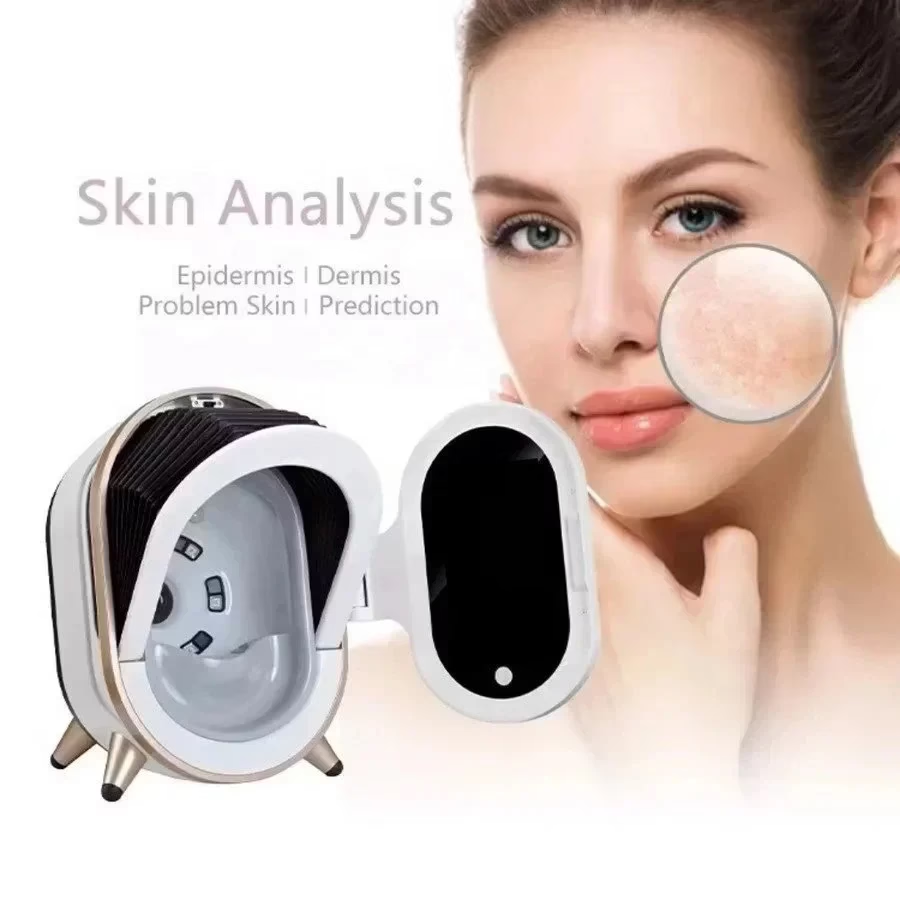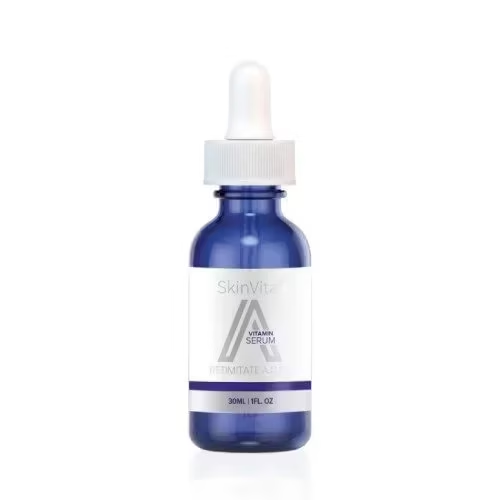Retinol, a derivative of vitamin A, has long been a staple in skincare routines around the globe. Renowned for its effectiveness in treating acne, promoting skin renewal, and reducing signs of ageing, retinol has been widely accessible in various formulations and price points. However, recent regulatory changes in the European Union have stirred the beauty industry, leading many to wonder: Is retinol banned in Europe? And what implications does this have for consumers in the UK and beyond?
The EU’s Regulatory Changes on Retinol
While retinol is not outright banned in Europe, the EU has implemented strict limitations on its usage in cosmetic products. Effective from August 2022, the European Commission amended the Cosmetics Regulation to restrict the maximum allowable concentrations of retinol and its derivatives (such as retinal and retinyl esters) due to concerns over potential side effects like skin irritation, redness, and increased sensitivity.
The new regulations specify:
- Maximum concentration of 0.3% retinol in facial skincare products.
- Maximum concentration of 0.05% retinol in body care products.
- Prohibition of retinol in products intended for application on mucous membranes.
These measures reflect a precautionary approach to ensure consumer safety, particularly for vulnerable populations like pregnant women, as excessive vitamin A intake can pose health risks. The aim is to balance the cosmetic benefits of retinol with potential health considerations.
Are Lower Strengths of Retinol Still Effective?
Absolutely. Even at the EU-regulated concentrations, retinol remains a potent ingredient:
- Anti-Ageing Benefits: Promotes collagen production, helping to reduce the appearance of fine lines and wrinkles.
- Acne Treatment: Encourages skin cell turnover, unclogs pores, and minimizes breakouts.
- Improved Tolerability: Lower concentrations are generally better tolerated, reducing the likelihood of irritation and allowing for more consistent use.
While results may develop more gradually compared to higher-strength formulations, consistent use of lower concentrations can still significantly improve skin texture and overall appearance.
EU Retinol Ban 2024 – Impact on Consumers and the Skincare Industry
For Consumers:
- Product Availability: Over-the-counter retinol products are still accessible but limited to the new maximum concentrations.
- Shift in Choices: Consumers seeking higher strengths may need to consult healthcare professionals for prescription options or supervised use.
- Cost Implications: Reformulation costs for brands may lead to consumer price increases.
For Skincare Brands:
- Reformulation Requirements: Brands must adjust product formulations to comply with the new regulations, which can be costly and time-consuming.
- Market Adjustments: Potential revenue losses due to discontinued products or decreased demand for lower-strength options.
- Innovation Drive: Encourages exploration of alternative ingredients like bakuchiol and peptides that offer similar benefits without regulatory restrictions.
The UK’s Position: Will Retinol Be Banned Here Too?
Post-Brexit, the UK has not adopted the EU’s new retinol restrictions. This means:
- Current Availability: Higher concentrations of retinol remain available in the UK market.
- Regulatory Autonomy: The UK follows its own cosmetic regulations, which presently do not mirror the EU’s stringent measures.
However, the divergence in regulations could lead to:
- Regulatory and Market Pressures: UK brands operating in both markets may align with EU standards to streamline production, potentially limiting higher-strength retinol products domestically.
- Consumer Perception Shifts: Safety concerns highlighted by the EU might influence UK consumer preferences, increasing demand for products that comply with stricter regulations.
- Industry Standards Alignment: To remain competitive internationally, UK companies might voluntarily adopt EU standards, which would affect product formulations.
Beyond Retinol: Other Ingredients Under Scrutiny
The EU’s cautious stance on retinol may signal forthcoming regulations on other potent skincare ingredients. Substances like kojic acid, genistein, daidzein, and alpha arbutin have been subjected to tighter usage guidelines. Additionally, hydroquinone, certain sunscreen filters, siloxanes, and specific exfoliating acids are being closely monitored due to safety concerns. This trend suggests a future where the skincare industry prioritises milder, less irritating ingredients, emphasising safety and efficacy.
Conclusion
While retinol isn’t banned in Europe, the EU’s restrictions significantly shift the cosmetic industry’s approach to ingredient safety and consumer protection. For consumers, this means continued access to retinol products, albeit at lower concentrations. Higher-strength retinol products remain available in the UK for now, but the influence of EU regulations and global market trends could lead to changes down the line.
This regulatory shift challenges brands to innovate and adapt, potentially reducing consumer choice in the short term but encouraging the development of new, safe, and effective skincare solutions in the long term. As the industry evolves, staying informed and consulting with skincare professionals can help consumers navigate these changes and make choices that best suit their skin health needs.
Stay tuned for updates as we monitor regulatory developments affecting your favourite skincare ingredients. Your skin’s health and safety remain our top priority.







